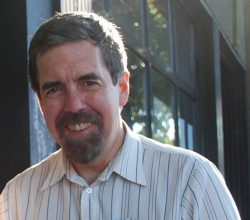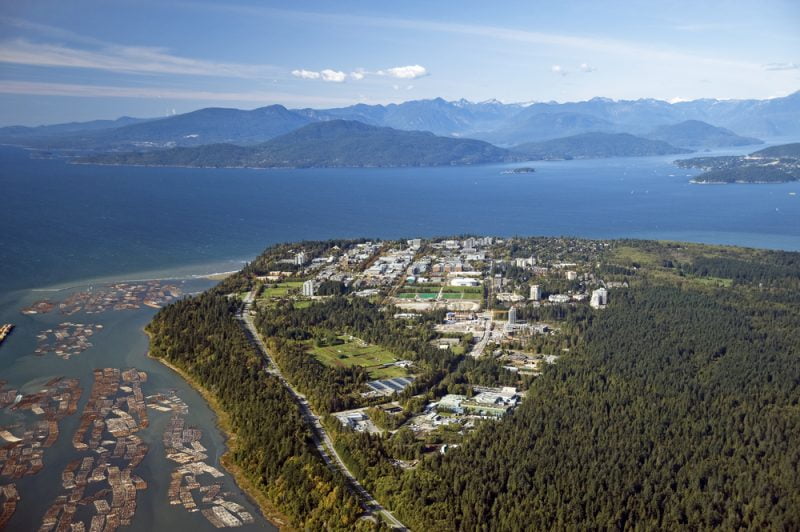#832 Marx, Malthus, and Meech Lake
Itineraries: An Intellectual Odyssey
by Philip Resnick
Vancouver: Ronsdale Press, 2020
$21.95 / 9781553806028
Reviewed by Sheldon Goldfarb
*
 Philip Resnick is an old-fashioned Canadian nationalist. I don’t mean harking back to the National Policy of Sir John A. Not that old-fashioned. More the nationalism of the 1970s, the Waffle Movement in the NDP, the opposition to American involvement in the Canadian economy, a sort of socialist nationalism.
Philip Resnick is an old-fashioned Canadian nationalist. I don’t mean harking back to the National Policy of Sir John A. Not that old-fashioned. More the nationalism of the 1970s, the Waffle Movement in the NDP, the opposition to American involvement in the Canadian economy, a sort of socialist nationalism.
That all may seem very far away now. Long ago. It was long ago, in a time before identity politics and the “mumbo-jumbo” (his term) of post-modernism. Resnick, a former professor in the Political Science Department at UBC, is no fan of such things. He would rather focus on the varieties of nationalism. He was interested in Quebec nationalism too, its freeing itself from English-Canadian “occupation”: he would have voted Yes in the separatist referendum of 1980, though by the time of the second referendum of 1995 he would have switched to No.


Why? Because in the interim he discovered English-Canadian nationalism and wanted to keep the two together somehow under a strong, progressive, central government. He would even oppose the Meech Lake Accord for creating too much decentralization.
There’s a sort of pro-government, anti-business thrust to his thinking; he is a man of the Left after all, even if not entirely happy with the current Left, as emerges most strongly when he describes the controversy in the UBC Political Science Department in 1995, when some students launched critiques of the Department’s alleged racism and sexism. Resnick felt unfairly targeted simply for being a white male.
This is an incident that we might like to hear more about. He was in the Department at the time: what did he do? What was done to him? But these details are not forthcoming. Sometimes this is a very frustrating memoir, touching lightly on some aspect of his past and then just moving on. But we do see some strands.

There’s his early Jewish upbringing in Montreal, followed by his break with Judaism, an adoption of socialism – and of Marxism? It’s a little unclear (again), but he says later he gave up his attachment to Marxism and notions of class because it seemed to him that nationalism was a more important force. Good nationalism and bad, majority nationalism (English-Canadian) and minority (French-Canadian), the notion of English Canada (is there such a thing?), the Two Founding Nations – it does seem like a faraway time: who talks about these things now?
And melancholy nationalism, there’s an interesting concept: what does it mean? Is it what leads to strongman authoritarianism, the dangers of right-wing populism, reacting to unbridled immigration? He seems to dislike immigration, but just because it can provoke reaction? Or does he not like it in itself?
He talks of liberalism and democracy and of their conflict with each other. He likes liberal democracy (sort of), but prefers the democratic half of the equation, the Athenian direct democracy model, of course totally impractical for the modern world, and besides you would need a more engaged population for it to work, and he laments the apathy of our time – but is it apathy when right-wing populism is on the march?

Where are we going with all this? He echoes the lament of a fellow scholar who says the Left has no vision to contrast with global capitalism. He does talk of Utopian notions of egalitarianism and solidarity: he likes the democratic side of things, the populace engaged. He is less enthralled by individualism. Should we aim for some large collectivity, like the European Union?
He is quite in love with Europe. He wants to see Canada as more European than American, and celebrates the heritage of European civilization. This would no doubt put him out of step with the modern Left, which sees Europe mostly as the source of colonization and has no time for its heritage, but Resnick is upset by such things as the destruction of cultural artifacts by terrorist groups like ISIS. He believes in culture, he believes in poetry, he even writes poetry.


There’s a restlessness in this book, an unease. Early on, in describing his break with Judaism, Resnick talks of the consolations of belief. It’s almost as if he is looking for a new belief, and you can see where he might be heading. He talks of being drawn to Malthus and his warnings against overpopulation, only to be checked by plague and famine (Resnick’s book came out just before COVID truly hit; he might have found in that plague some Malthusian confirmation).
So he talks of Malthus and ecological crisis, and if there is a belief beckoning him perhaps it is climate action, climate justice: he would be back in tune with the Left then if he could adopt that approach, and he wouldn’t be the first socialist to do so. Or perhaps he wants to become a “post-cynical humanist,” a term he borrows from an Israeli poet, and meaning something to do with transcending our various nationalisms in the name of a broader humanity. So the philosopher of nationalism moves on from nationalism, at least at the end of his book, though earlier he seemed to find hope in the positive side of nationality. It is a bit of a mystery.
*

Sheldon Goldfarb is the author of The Hundred-Year Trek: A History of Student Life at UBC (Victoria: Heritage House, 2017). He has been the archivist for the UBC student society (the AMS) for more than twenty years and has also written a murder mystery and two academic books on the Victorian author William Makepeace Thackeray. His murder mystery, Remember, Remember (Bristol: UKA Press), was nominated for an Arthur Ellis crime writing award in 2005. His latest book is Sherlockian Musings: Thoughts on the Sherlock Holmes Stories (London: MX Publishing, 2019). Originally from Montreal, he has a history degree from McGill University, a master’s degree in English from the University of Manitoba, and two degrees from the University of British Columbia: a PhD in English and a master’s degree in archival studies.
*
The Ormsby Review. More Books. More Reviews. More Often.
Publisher and Editor: Richard Mackie
The Ormsby Review is a journal service for serious coverage of B.C. books and authors, hosted by Simon Fraser University. The Advisory Board consists of Jean Barman, Robin Fisher, Cole Harris, Wade Davis, Hugh Johnston, Patricia Roy, David Stouck, and Graeme Wynn. Scholarly Patron: SFU Graduate Liberal Studies. Honorary Patron: Yosef Wosk. Provincial Government Patron since September 2018: Creative BC
“Only connect.” – E.M. Forster

2 comments on “#832 Marx, Malthus, and Meech Lake”